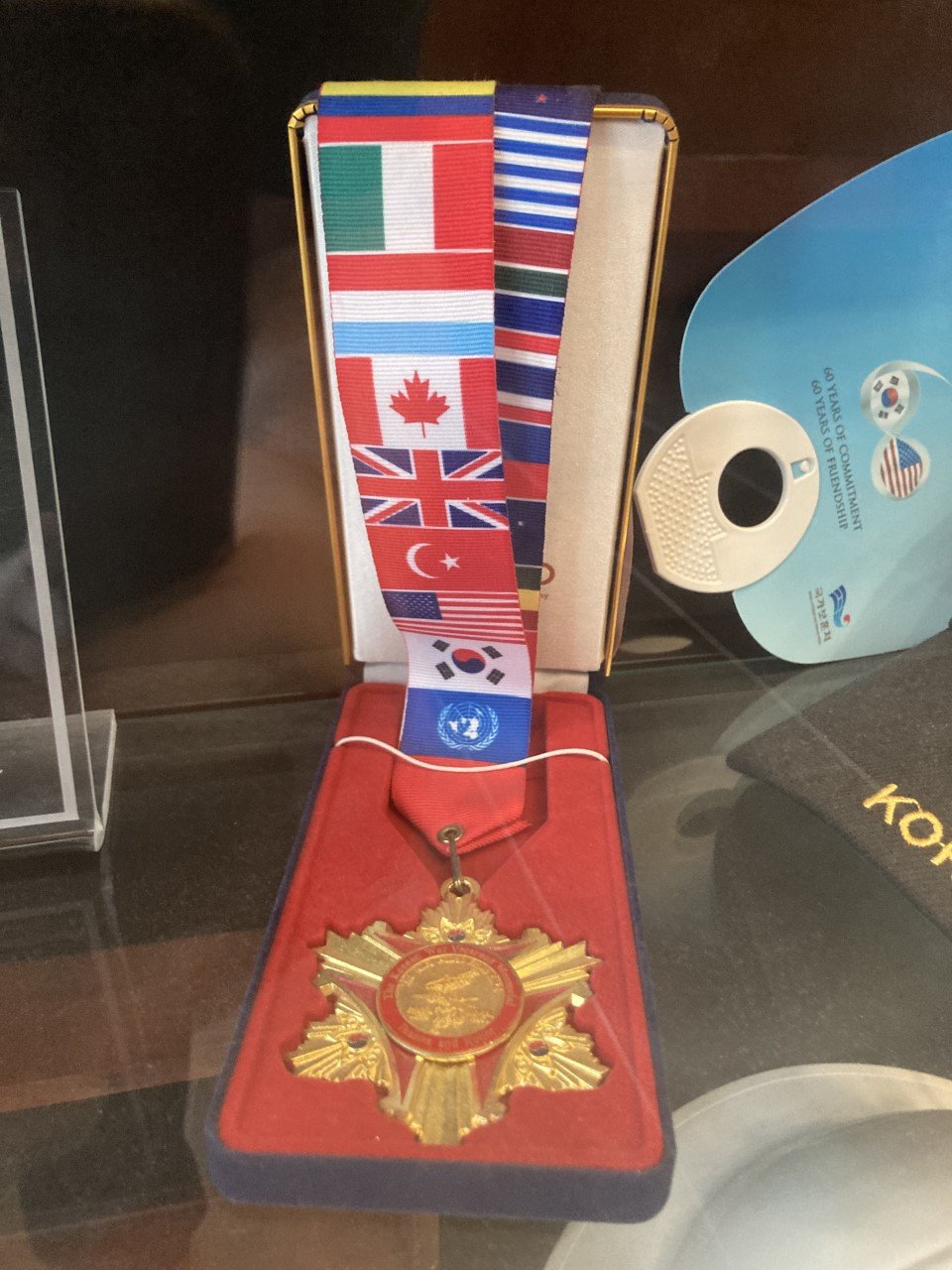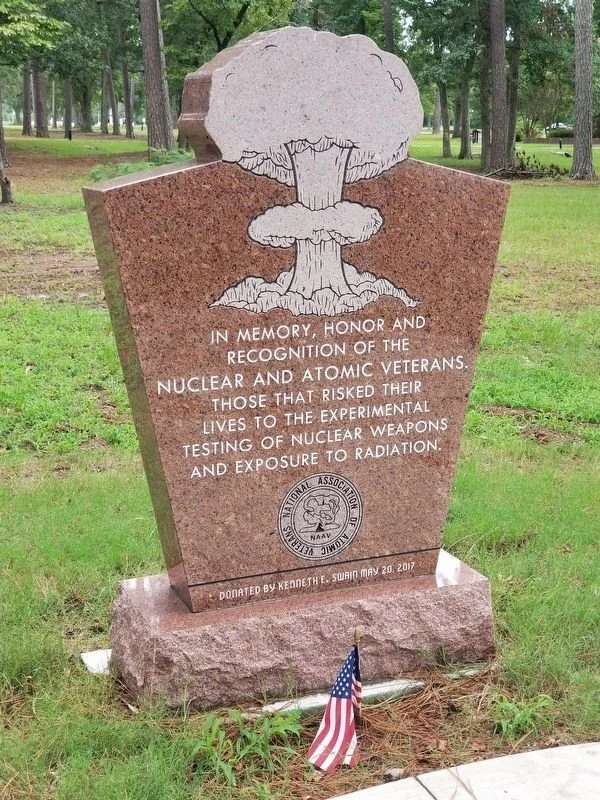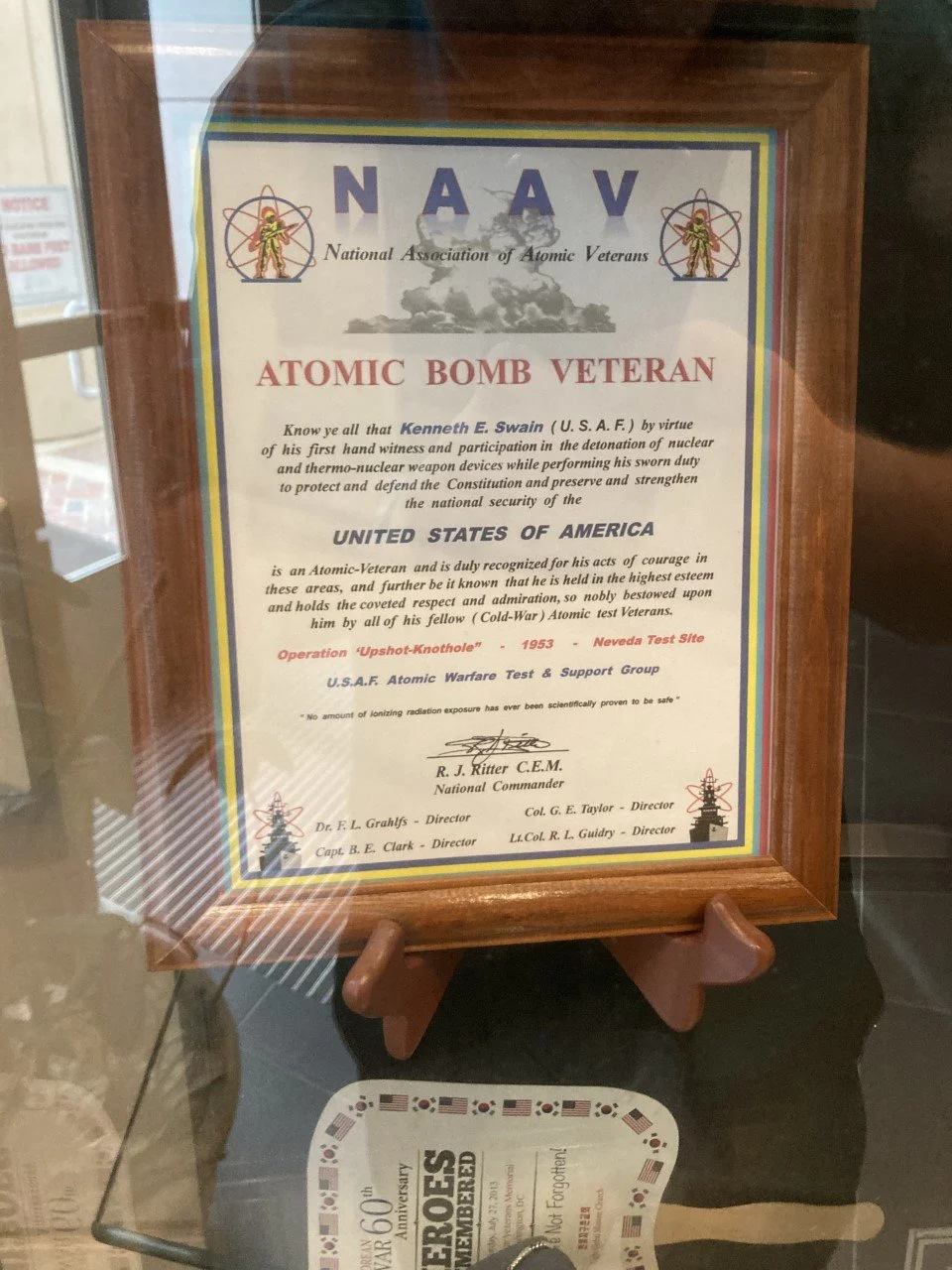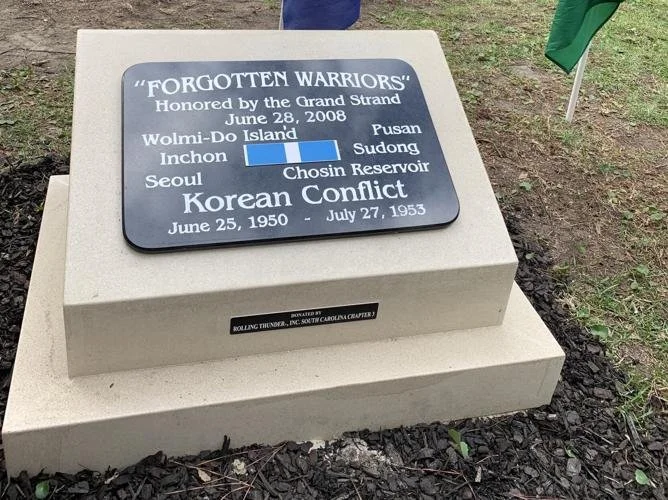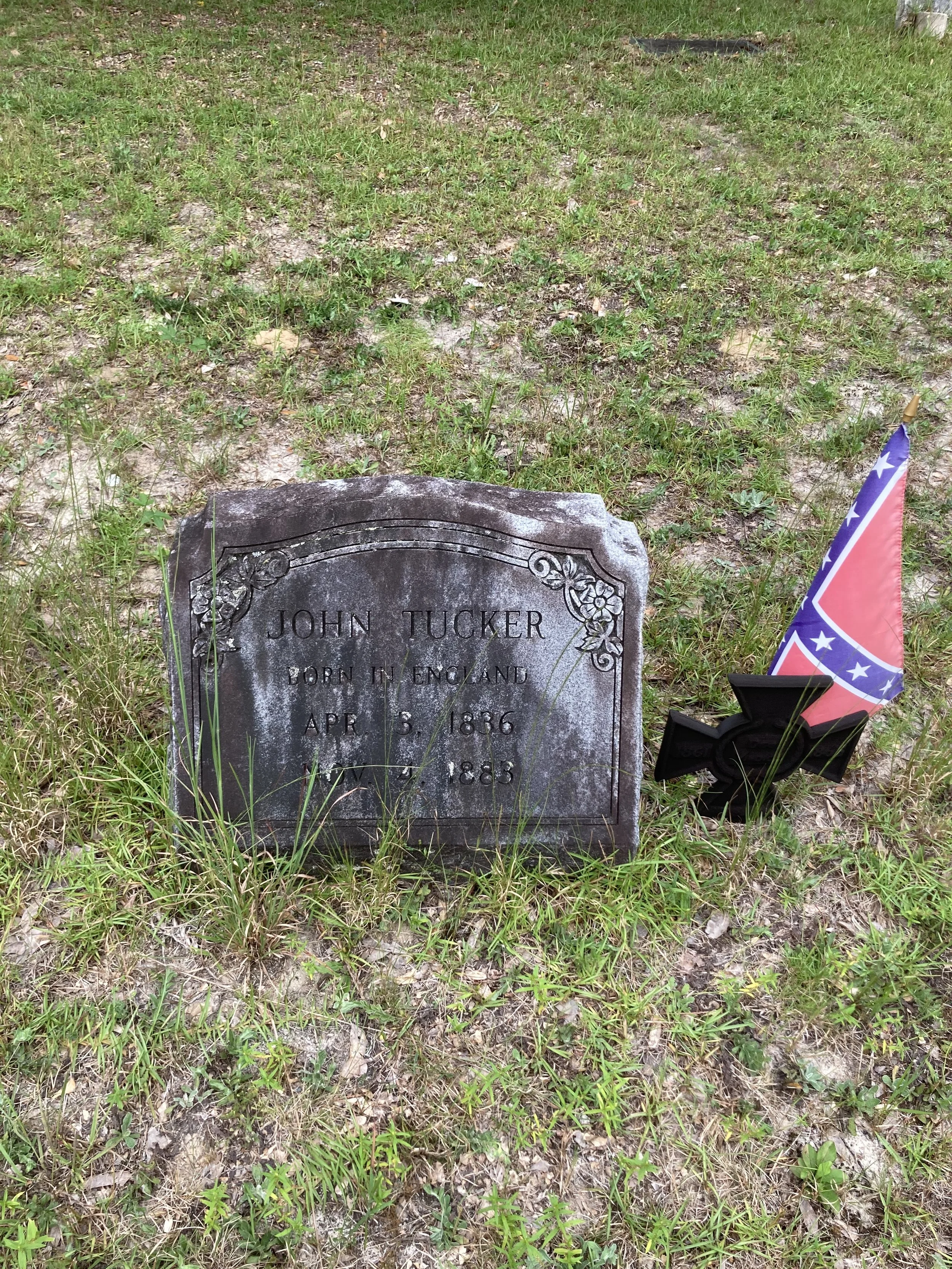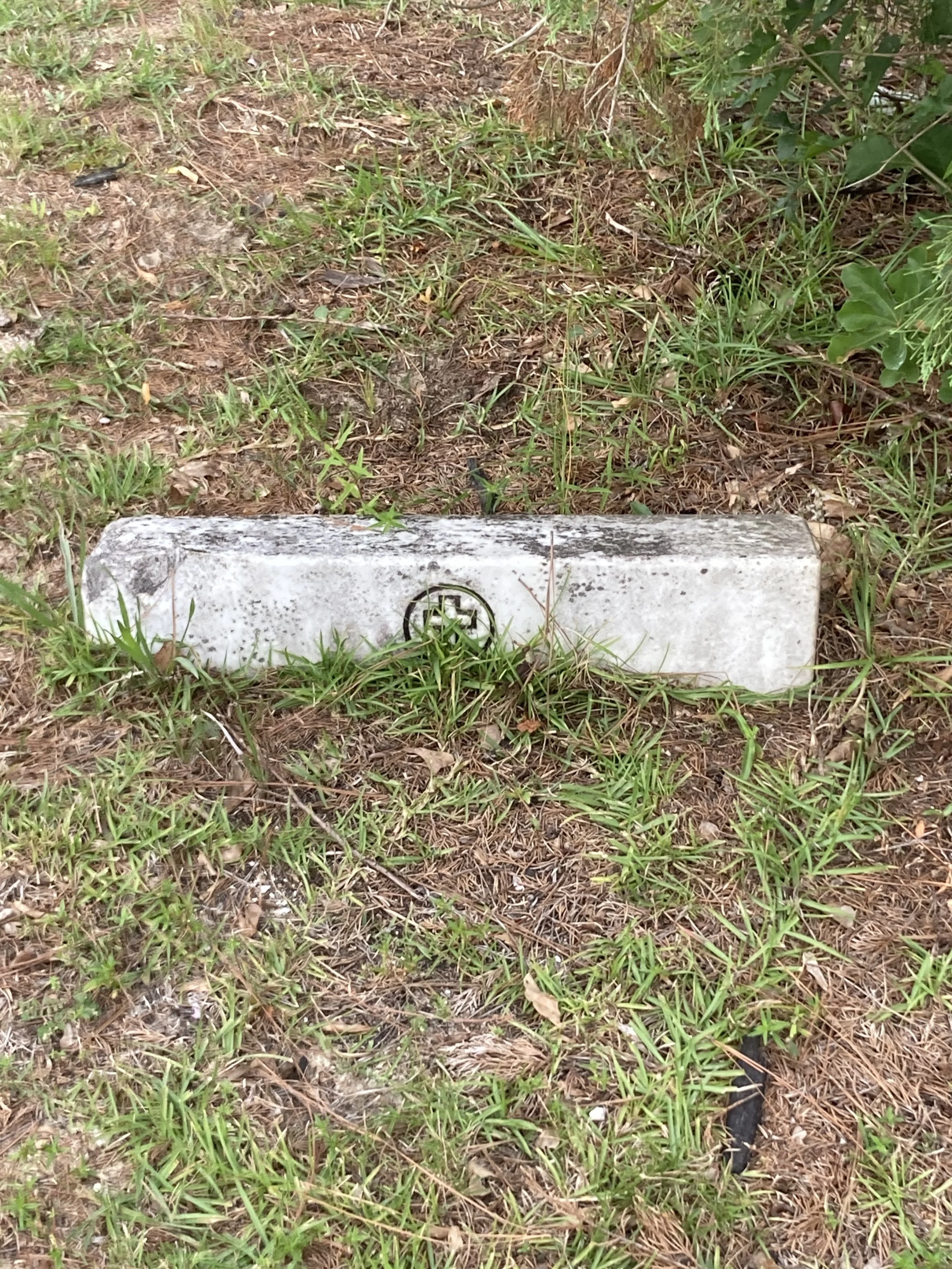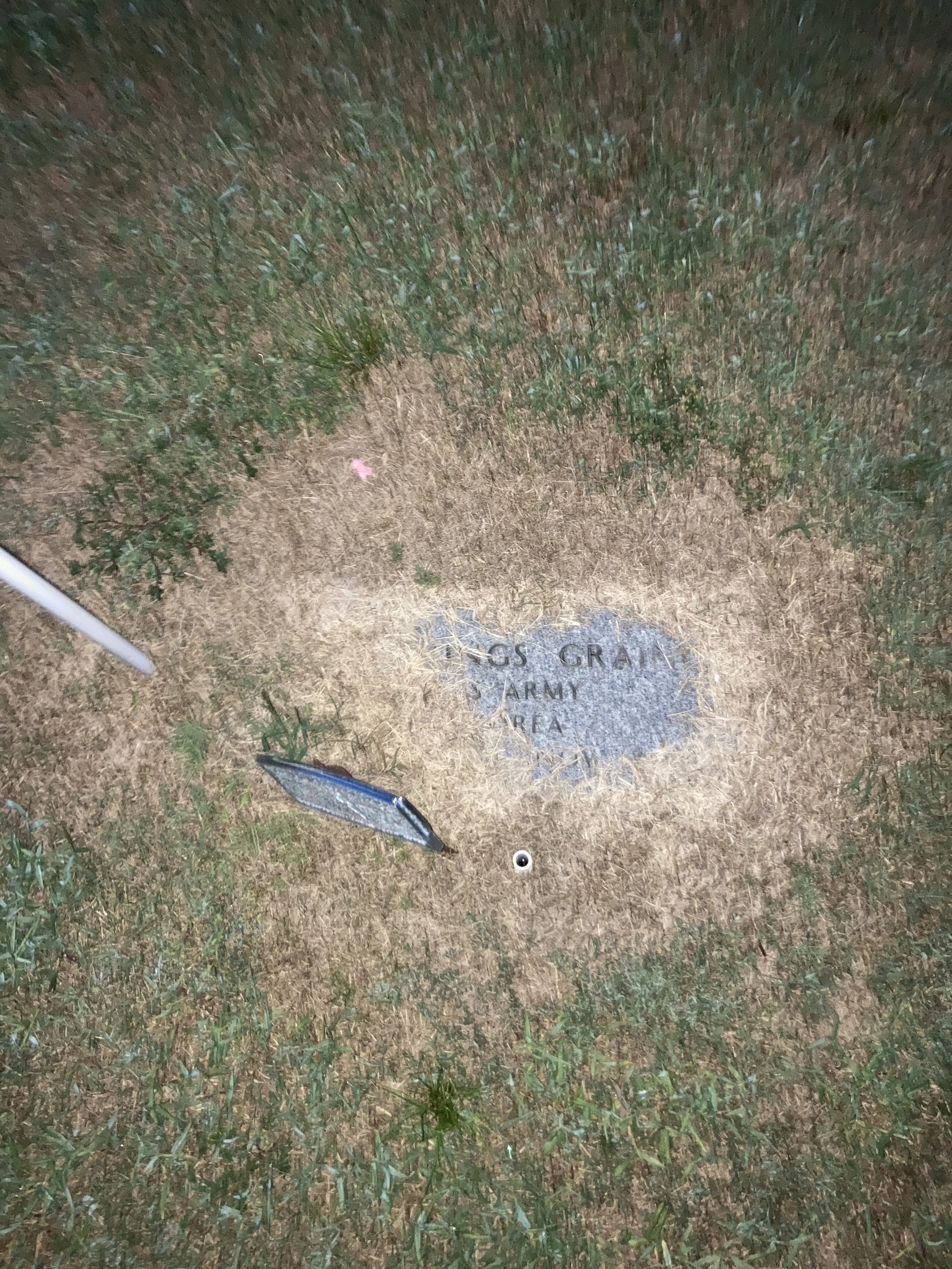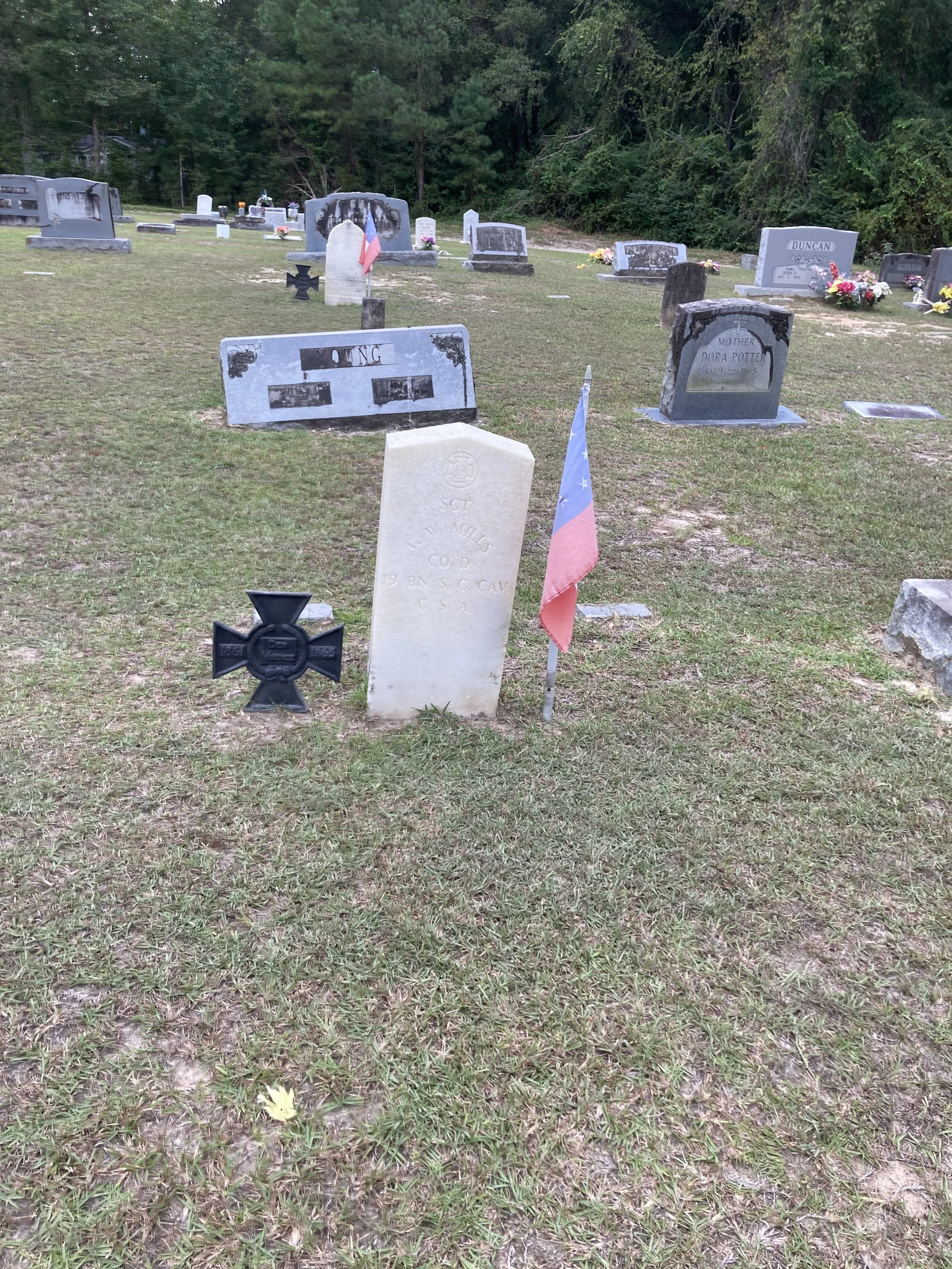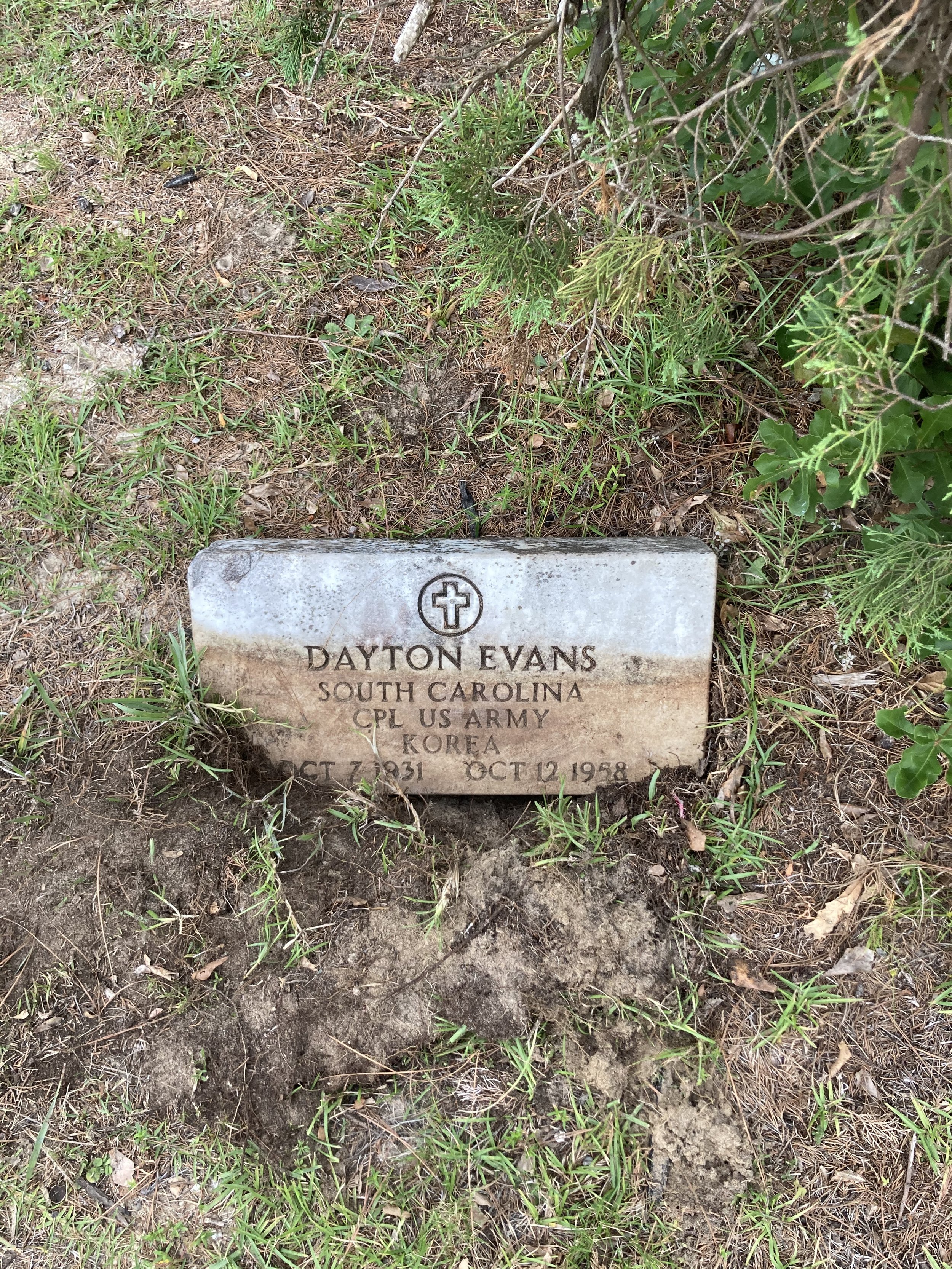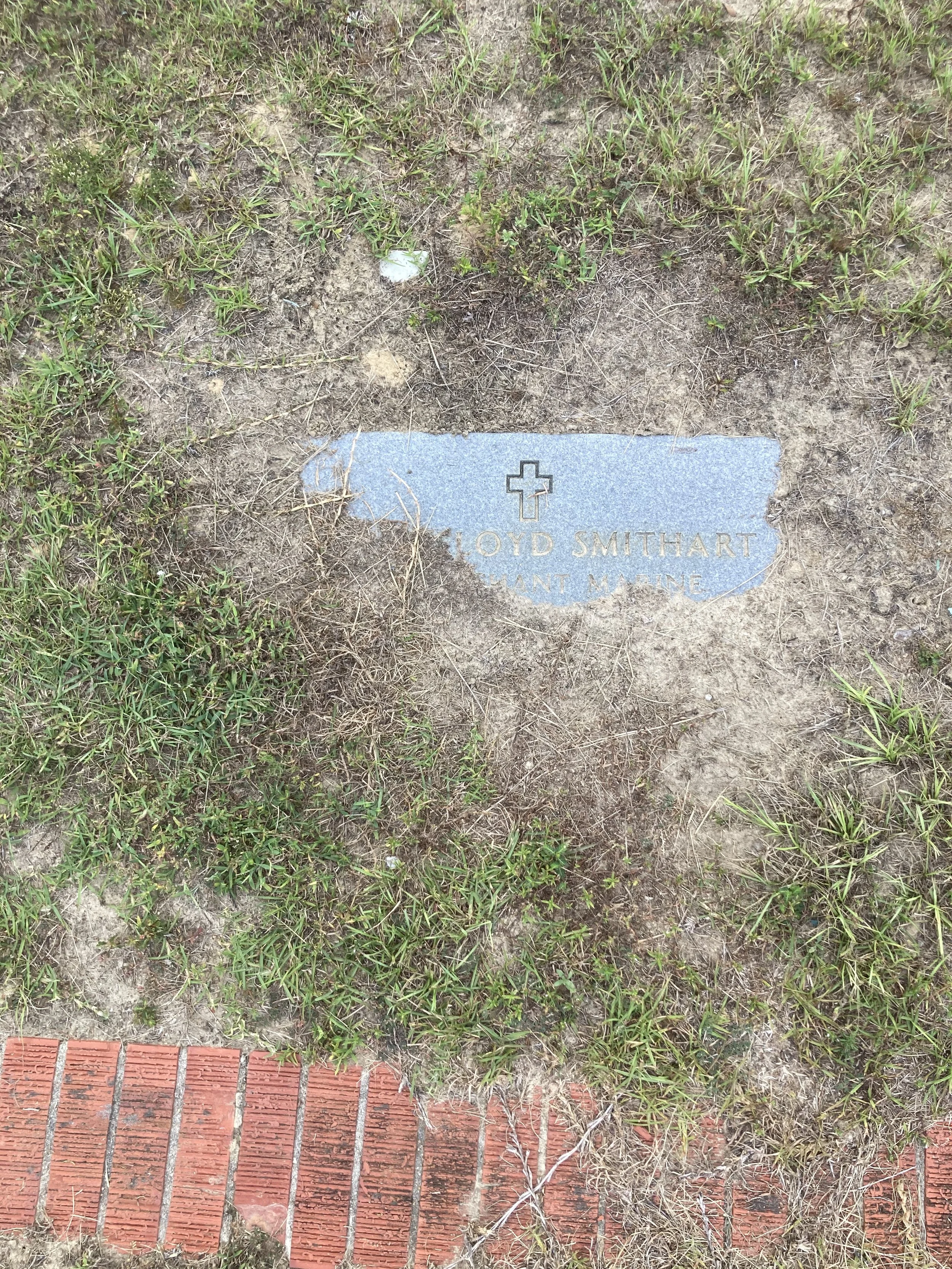Memory
How the War was Remembered in 1953
For most Americans the Korean War became a distant memory even before the armistice was even signed. Some historians have suggested that perhaps Americans “did not so much “forget” the Korean War as never think about it much to begin with.” [20a] Nothing could have been more alien to the people of South Carolina than the Korean War. According to the Korean War Legacy Foundation “most Americans born during the 1930s knew nothing of Korea. 99.99 percent of the interviewees for this project never learned anything about the country’s history in school, and knew very little about China or Japan.” [20a] The Korean War did not rally the people into a sense of unity, or pride. It was merely the first significant conflict that the United States would become involved in during the Cold War. It is clear that, while they acknowledged the Korean War, there was a general consensus within Horry County that while bigger picture and true enemy was the Soviet Union. For Horryites everything that was happening in Korea, and China was merely due to Soviet influence, and their desire to spread Communism across the world. Regardless of the complexities of the conflict in Korea, it only made sense that all roads led back to Moscow. 1950s America was drowning in crisis on all fronts, and the Korean War was not most Americans top concern. The history of Horry County during the Korean War serves as a perfect example as to just how easy it would have been to simply ignore the Korean War. During the war Horry County and the surrounding region was plagued by violence and terrorism at the hand of the Association of Carolina Klans. Law and order was near its breaking point, and there was a firm belief that Communists were invading the community. Taxes were putting a strain on American’s pocketbooks, and inflation was high. There were a million things that the people of Horry County had to worry about, and the Korean War quickly became simply ignored especially after Spring, 1952. As the war raged on mention of the conflict in local media became less prevalent, and locals looked towards new horizons. When the armistice was signed there was scarcely any mention of the armistice in The Myrtle Beach Sun, The Horry Herald, The Field, or The Loris Sentinel. More specifically throughout the course of research for this project there was not a single mention of the armistice in any of the listed newspaper. That does not mean that armistice was entirely absent in local newspapers, but it has not yet been found for the purposes of this project.
Local Memory of the Korean War in the 21st Century
Memory of the Korean War in Horry County does not bring on the same sense of nostalgia that the American Civil War or World War II does, yet there are still members of the local community that have a special place in their heart for Korean War veterans. At the onset of this project a local retired U.S Army Colonel, and retired teacher with Horry County Schools Harry DuBose came forward with information regarding the legacy of Korean War veterans in Horry County. DuBose was a coordinator of the Heroes Remembered Tour in 2013 where he and others in the community organized a trip to “the powerful Korean War Veterans Memorial on the National Mall in Washington,” where the “veterans of the Korean War, including 40-plus from the Grand Strand, marked the 60th anniversary of the armistice agreement in an event properly called “Heroes Remembered’’ sponsored by the Department of Defense.” [] Retired Marine from Horry County Larkin Spivey also worked to organize that heroes Remembered Tour, and made great submitted over 100 names of local veterans to the American Battle Monuments Commission veterans database. For the veterans, and organizers of the Heroes Remembered Tour it was an honor to be a part of the commemoration of the 60th Anniversary of the Korean War Armistice in Washington D.C.. Among the local veterans from Horry County who attended the ceremony were two influential members of the community. One veteran the late Kenneth E. Swain, a local veteran, and graduate of Myrtle Beach High School who was a retired Myrtle Beach pharmacist, realtor, and environmentalist witnessed and participated in the detonation of nuclear and thermo-nuclear weapons during Operation Upshot-Knothole in 1953. Swain was a major donor to Coastal Carolina University, and he supported the construction of the Kenneth E. Swain Science Hall in 2013. Also, among the veterans at the 60th Anniversary of the Korean War Armistice ceremony in Washington D.C was Herbert White the step-father of American television personality Vanna White who passed away aged 96 on April 1, 2022. Each veteran was honored by President Barack Obama, and awarded with the Korean War Veterans Memorial Medal on behalf of South Korea. Each medal retains an inscription which reads “Thank You. In recognition of your dedicated services during the Korean War the medal is specially crafted with a piece of rusty barbed wire from DMZ in the center. June 25, 1950 - July 27, 1953.” Kenneth Swain’s Korean War Veterans Memorial Medal, along with other artifacts are on display on the first floor of Kenneth E. Swain Hall on the campus of Coastal Carolina University in Conway, South Carolina.
Kenneth E. Swain’s Korean War Veterans Memorial Medal located at Coastal Carolina University in Conway, South Carolina
Atomic Veterans Memorial located in Myrtle Beach, South Carolina donated by Kenneth E. Swain
The only Korean War memorial located within Horry County, South Carolina
Remembering the Dead
If a cemetery at random in Horry County odds are that there is going to be a Confederate veterans located within that cemetery. After all Confederate graves are a common sight in South Carolina, and the graves of Confederates are tough to miss. It would be difficult to locate a grave of a Confederate veteran in Horry County that was not marked with a plaque, Confederate flag, or insignia. The remains of Confederate veterans in South Carolina are perpetually honored, and there remains organizations like Sons, and Daughters of the Confederacy who ensure the remains of these veterans are properly cared for. In the exact same cemeteries that Confederates are buried often retain the remains of Korea War veterans. However, the remains of veterans of the Korean War are much less cared for, and there are no organizations in place that maintain the graves of Korean War veterans like there is for Confederates. Unlike the graves of Confederates the graves of Korean War veterans are often neglected and in disrepair. To better elaborate it may simply be best to let these photographs do the talking. The first two images are of Confederate graves, and the remaining four images are of the graves of Korean War veterans.
